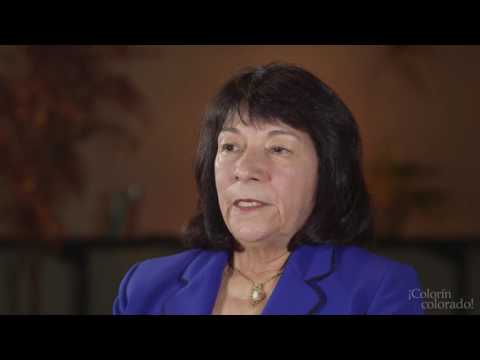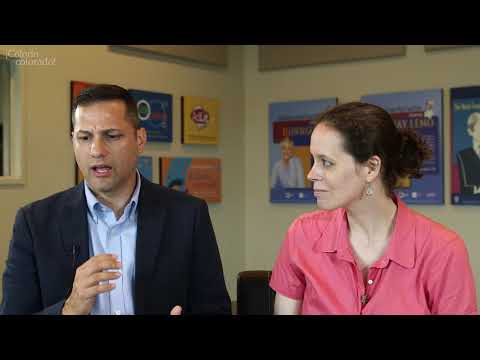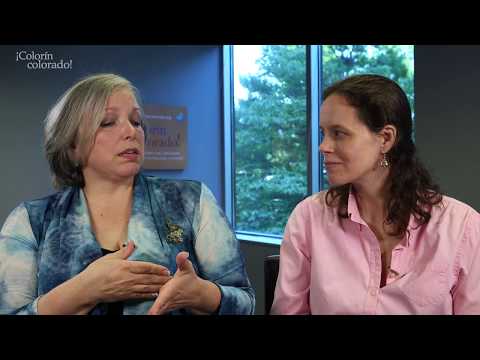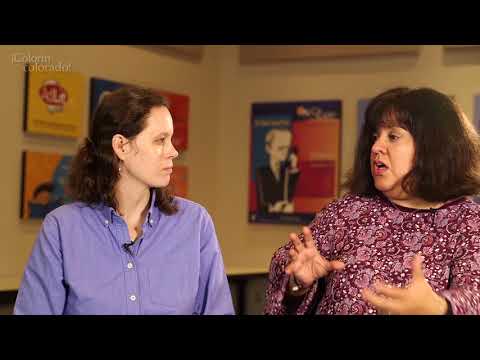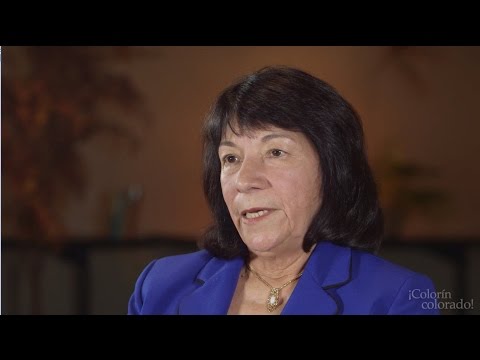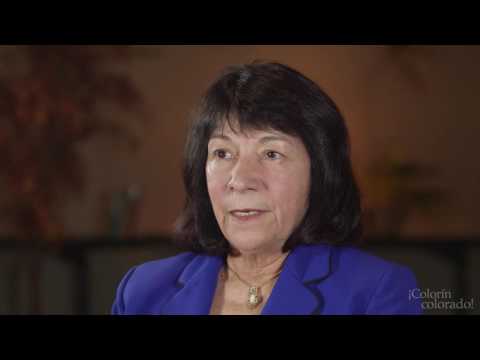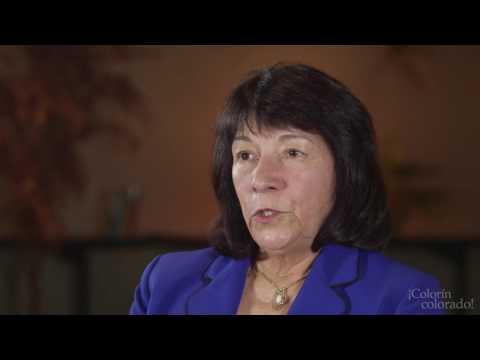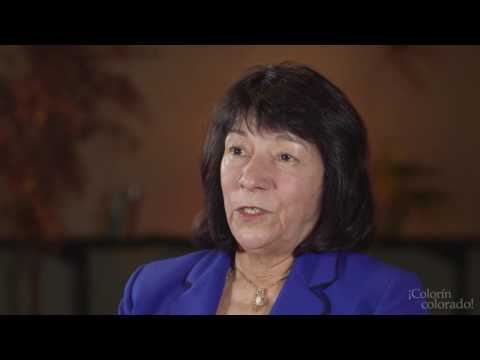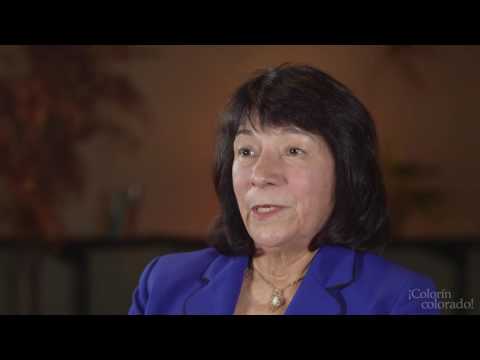Special Education and ELLs: The Referral Process

When an English language learner (ELL) is struggling and other explanations have been eliminated, there are a number of important considerations to keep in mind when preparing for and managing the special education referral process. These resource sections include topics such as communicating with ELL parents, what an IEP for an ELL looks like, and the importance of collaboration throughout the process.
This resource section was made possible through our partnership with the National Education Association. Additional support was provided by the American Federation of Teachers.
What You'll Find in This Section
Collaboration is essential when identifying the needs of English language learners (ELLs) -- different team members bring different kinds of expertise and will be much more effective than trying to make decisions in isolation. Learn more about why collaboration matters and how to improve collaboration from these tips and videos.
Special Education and ELLs: The Critical Need for Collaboration
Like all parents, the parents of English language learners (ELLs) are a valuable source of information regarding their children's strengths, challenges, educational background, and behavior at home. Learn more about what kinds of information parents can provide and how to communicate effectively with ELL families around questions of special education.
Special Education and ELLs: Partnering with Parents
What does an IEP for an English Language Learner (ELL) look like? How might it be different? Who should be involved in creating and managing the IEP? How can parents be included in this process? These resources answer those questions and others you might have!
IEPs for English Language Learners
What kinds of training will most benefit school-wide personnel when it comes to special education and English language learners? What kinds of plans can be put in place to ensure that all students are receiving the support and services they need? Learn more from the following resources.
Special Education and ELLs: Professional Development and Planning
Teachers who work regularly with English language learners (ELLs), particularly those who are certified as ESL specialists, have an important role to play in identifying and addressing students' needs, even if they don't have a special education background. They know students well, understand the process of language acquistion, and can bring valuable insights to a student evaluation. Learn more about this role and how ELL educators can start the process of joining the special education referral team.
Special Education and ELLs: The Role of ESL Specialists
Interpreters play a key role in communicating with families of English language learners (ELLs), particularly when it comes to questions of special education referral and services. Language and culture can have a significant impact on the success of that communication. Here is some guidance for making that collaboration as successful as possible.
Special Education and ELLs: The Role of the Interpreter
Administrators play a special role in supporting English language learners, particularly when it comes to questions of special education. From providing professional development and the time to collaborate to offering leadership regarding sound instruction and programming, administrators are a critical piece of the puzzle. Learn more from the following resources and videos.











